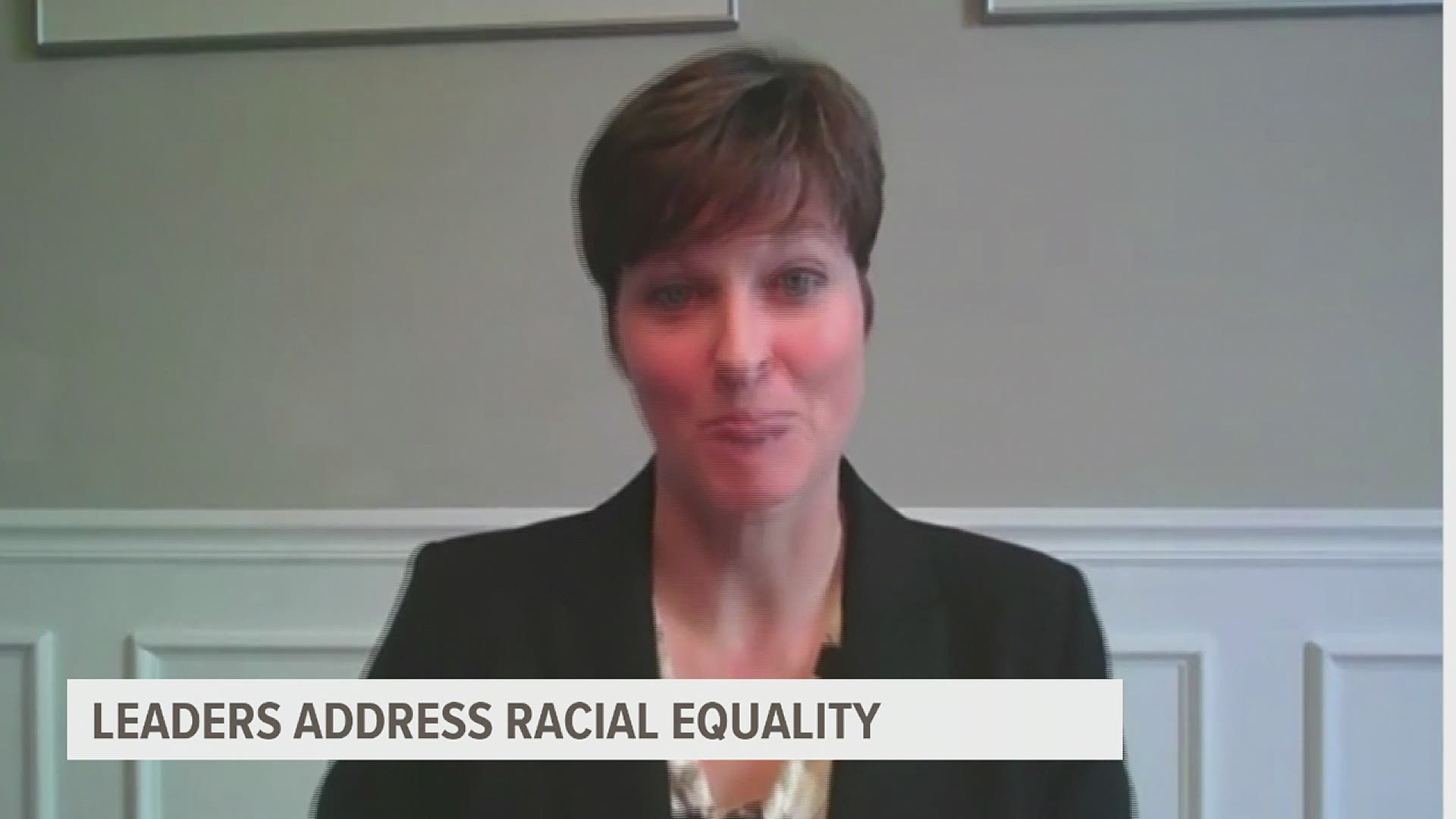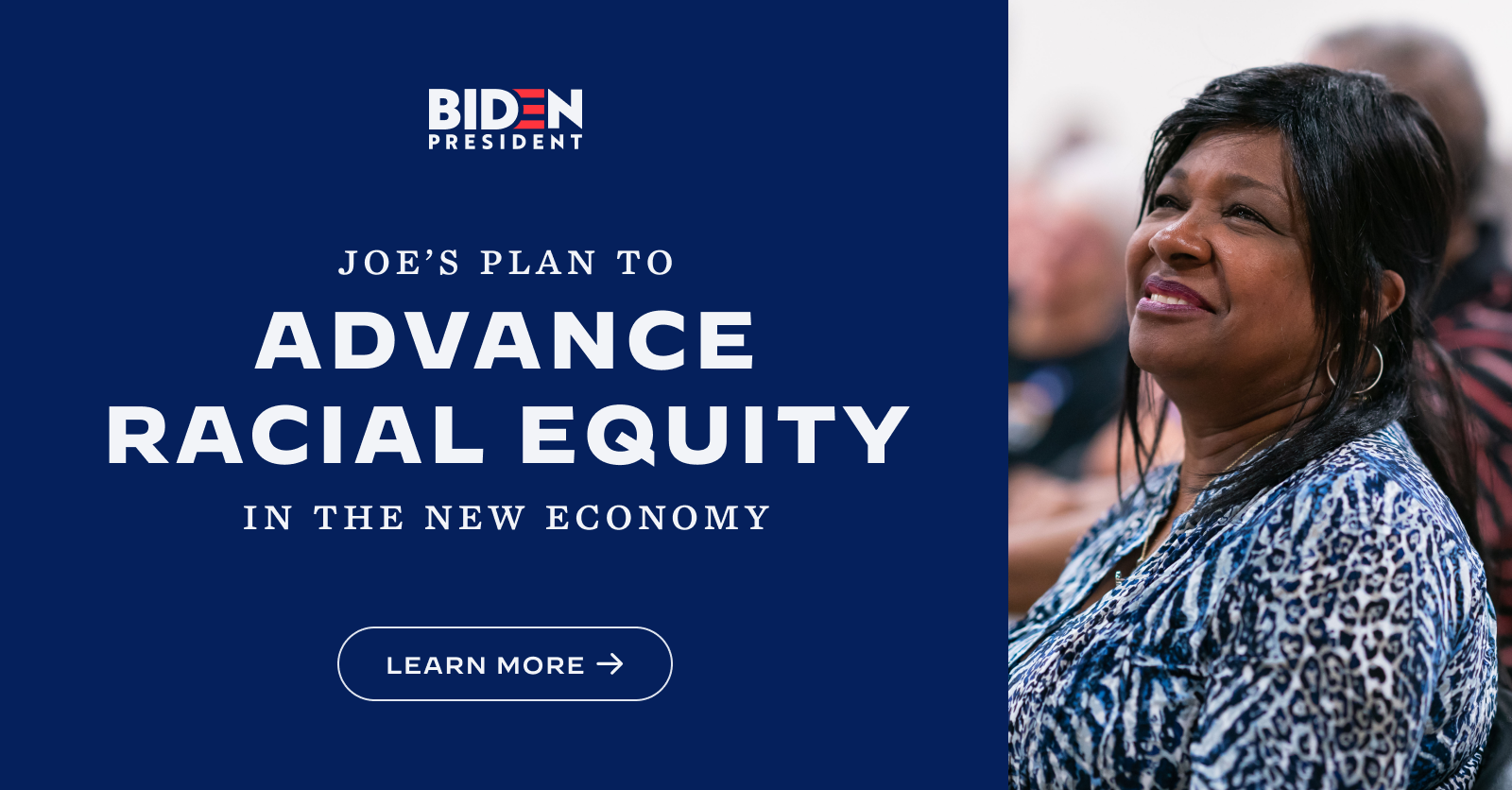PENNSYLVANIA, USA — President Joe Biden is prioritizing racial equality. On his first day in office, the commander in chief signed an executive order to root out systemic racism. He also rescinded an executive order from former President Trump which limited diversity training for federal employees.
Those who advocate for underserved communities say the President's actions are a step in the right direction.
"Many people were awakened to the real impact of racism last year, in the wake of the murder of George Floyd and many others," said Stacie Blake, CEO of the YWCA of Lancaster.
"Black lives matter, but this is not just a value, this must be a call to action to use our privilege and position to try and make the world a better place, for everyone," said Teresa Miller, secretary of the Pennsylvania Department of Human Services.
"To agree that there is a problem, that is the first step," added Blake.
Blake says President Biden's executive order on racial equality does just that. The order also requires agency heads to review and create reports on different programs and policies to examine if people of color face barriers to receiving the benefits and opportunities within those programs and policies.
"This longstanding systemic racism has prevented equitable access to education, housing, nutritious food, employment, and medical care," explained Miller. "Being met with this inequity fuels intergenerational trauma which deeply impacts childhood development, performance in education, success in the workforce, and quality of life."
In its own racial equality report released Thursday, DHS finds that of the more than 3 million Pennsylvanians served through its public assistance programs, 12% identify as African American.
African Americans account for 25% of people on medical assistance, 29% of those on SNAP, and 53% of people who use temporary assistance for needy families or TANF. It also finds black children represent 35% of the state's foster care population, despite only accounting for 13% of children in the state.
"If we're going to make progress in the area, we have to keep talking about it, but it's only one piece, and frankly, I view this as a way to hold ourselves accountable because we are saying, 'look at these disparities, and here are things we need to address,'" explained Miller.
"On top of all of that, we need to address the systemic structures holding racism together. If we could solve it by our individual good acts, I think we would've made a lot more headway," said Blake.
Blake provided the cash bail system as one example of a structure which currently holds people of color back. She says cash bail disproportionately impacts people of color. Blake believes access to affordable, safe housing is another barrier for underserved communities.
President Biden has a plan, which you can read about here, to shift the country’s focus from incarceration to prevention. For more on President Biden's plan to promote racial equality, click here.
To read more about the executive order, follow this link.



